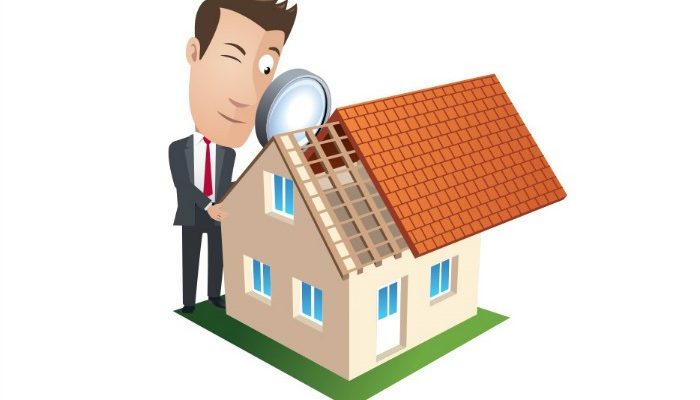
Why landlords need to have their properties regularly checked for termites
There is sometimes a bit of a grey area over who’s responsibility it is when it comes to pest control; if pests, such as cockroaches, mice and rats were present prior to the start of a lease, it’s the landlord’s responsibility to take care of the problem before the tenant moves in.
A tenant is required to keep your property clean, so if the infestation is a result of the tenant’s poor food hygiene and a general lack of cleanliness, then the tenant is at fault and will usually need to pay to have the property treated.
However, when it comes to termites, this is always the landlord’s responsibility, and it is imperative landlords regularly check for these critters!
And there’s good reason; termites are one of the most devastating pests in Australia, both for your property and your pocket!
There are claims that termites cause more damage to homes in Australia than fire, floods, and storms combined, and rectifying termite damage can be several thousands of dollars; indeed this 7news report, the Australian Environmental Pest Managers Association said ‘repairs due to termite damage can range anywhere between $18,000 to $50,000 per property – but the damage can be much more than that.’
What are termites?
Termites are small insects, with six legs, and antennae and wings. There are 300 species of termites in Australia, but only a handful cause problems. Subterranean termites (although not related, also called white ants) cause most of the damage around the country.
These insects live in colonies, and generally feed on dead or decaying plant materials, including wood. A colony of termites is powerful. The group is constantly working, and they act really fast; subterranean termites can consume more than 6.8 kilograms of wood every week.
For property owners this is bad news as they will eat away at your home’s physical structures, including plaster, metal siding, and insulation.
How do I know if I have termites?
These are some of the signs there maybe termites in the property
- Termites build mud shelter tubes for protection – these can sometimes be seen in brick foundations or architraves.
- If timber sounds hollow, it may be because termites have eaten it away.
- Floors or doors may sage due to termite activity.
- Because termites are attracted to the warmth of electrical fittings behind walls, the property may experience power failures.
How to mitigate the risk of termites
The best way to protect yourself is to get advice off a qualified professional and have your property inspected regularly.
Before you buy a property, get termite inspection done by a professional; it’s also recommended to have inspection at least once a year, or more often if you live in areas with high termite risk.
What does a termite inspector do?
A specialist will look for signs of infestation in the following areas of the property:
- Interior of structures: particularly wet areas such as the kitchen, bathroom, and laundry. They may even use moisture meters to look for leaks.
- Subfloor areas: inspecting supporting structures, flooring timbers, and drainage if access is available.
- External areas of buildings: looking for possible termite entry points, and elevated moisture levels due to watering systems leaks or drainage problems.
- The garden: evaluating the risk from anything wooden, including trees, stumps, timber retaining walls, timber fences/other structures etc.
- Roof voids: inspecting each timber, and often crawling along the length of the roof if space (and safety) permits.
The inspector will then make recommendations on how you can reduce your risk, such as by advising you to fix any moisture problems like poor drainage and leaking pipes or moving shrubs or garden beds away from building edges.
By having a simple professional, cost-effective termite inspection, you can save yourself a lot of headache and financial stress later down the track.
Termite and termite prevention treatments are often tax deductible too. Check with your accountant.
If you use our property management services, we always recommend landlords have an annual termite inspection, and we remind our landlords when this is due. We organise the inspection with professionals and forward the report, with any recommendations.
Ensuring the maintenance of your property is just one of the many services our property management team offer.
Get in touch with us and we’ll tell you how our property management services can make your life easier, and increase your return on investment.
Call us a ring on 02 4956 9777, send us an email to mail@newcastlepropertymanagement.com.au or pop into our Cardiff office for a chat to see how our property management services can help.
For property management tips check out our Facebook page.